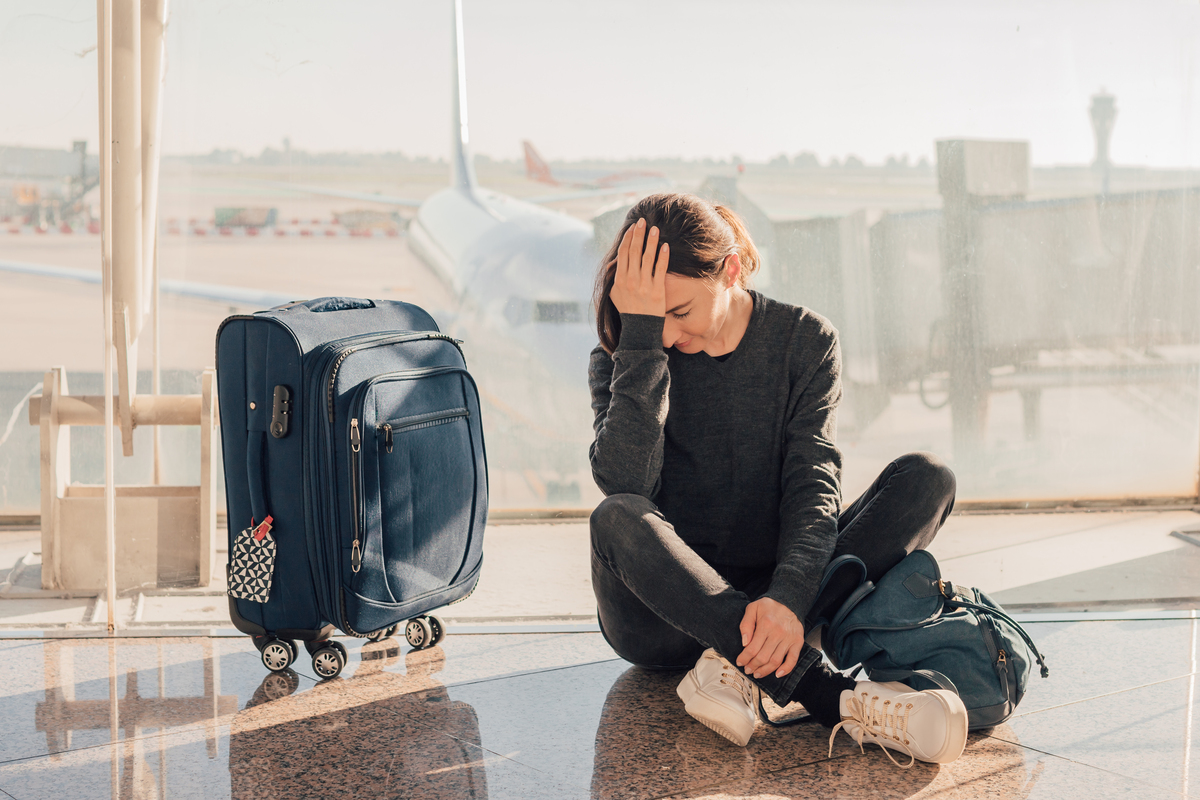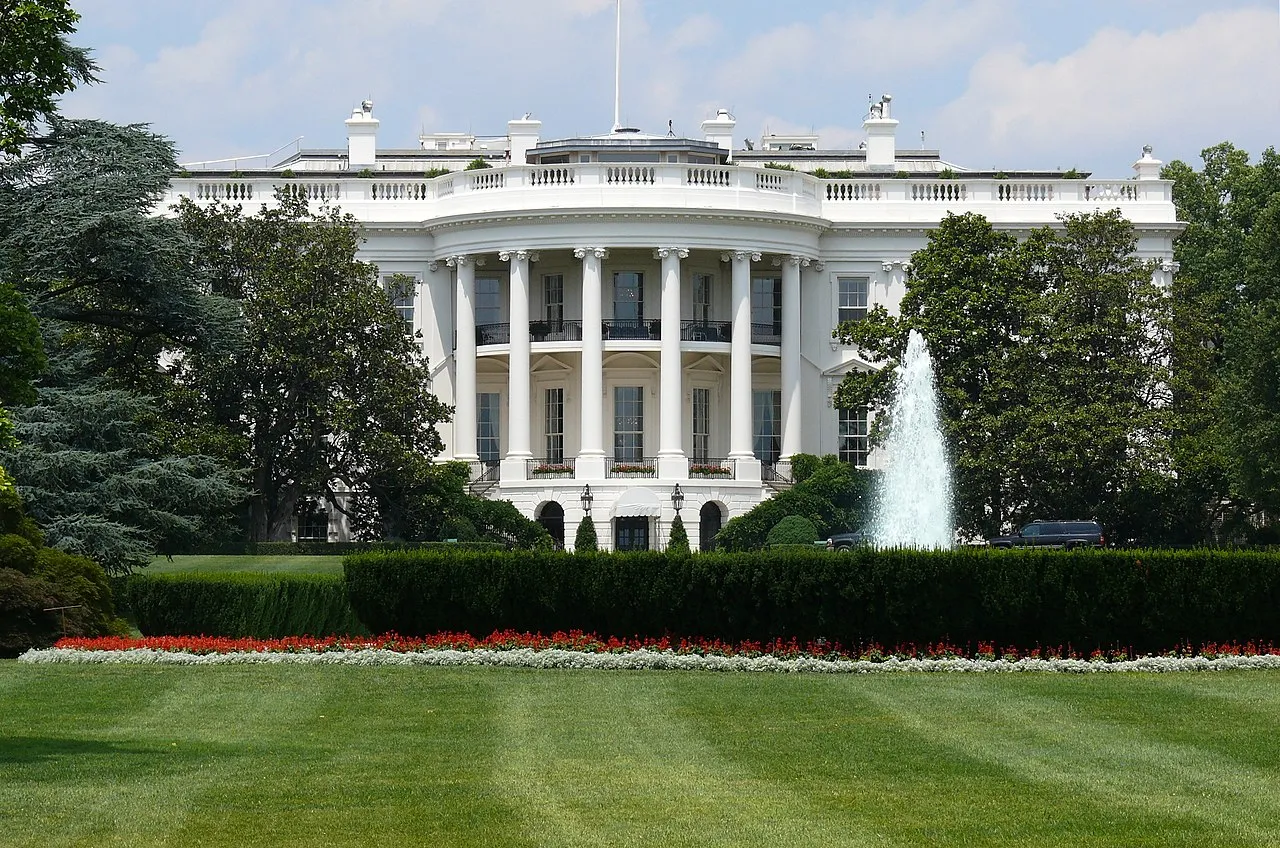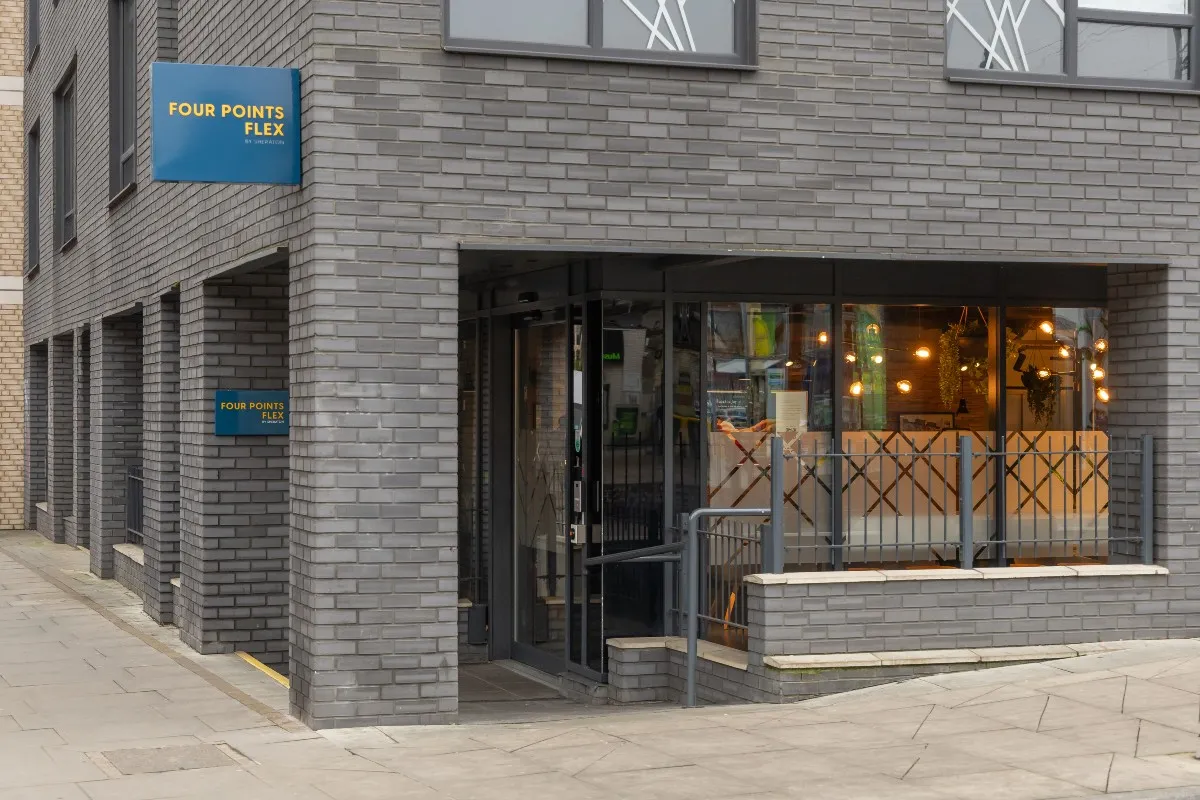Ask Skift: Why Has Travel Gotten So Expensive?

Skift Take
Travelers who made plans to hit the road this summer will likely notice the price of travel has gotten more expensive — in some cases, so expensive that many have decided to make changes to their planned trips. So why have hotel rates and airfaires increased from 2019 levels?
We turned to Ask Skift, our artificial intelligence chatbot, for answers to the question. Ask Skift used information appearing in our daily news stories, Skift Research and Airline Weekly. Here are the responses Ask Skift provided as well as more information we found about the reasons travel has gotten pricier.
Booming Travel Demand
Ask Skift said:
Travel has become more expensive due to a combination of factors. There is a strong demand for travel as people are eager to make up for time lost during the pandemic. As easyJet CEO Johan Lundgren stated in May 2023, "Travel is the only discretionary expense people are prepared to maintain or increase," indicating a high consumer desire for travel experiences over goods.
The desire for travel, which grew during the pandemic, remains strong. This increased demand has led to a surge in travel rates, with costs now higher than before the pandemic.
What else you need to know:
Skift Research revealed in its U.S. Travel Tracker: Q1 2023 Highlights report that while roughly 70% of U.S. travelers surveyed had experienced higher travel prices while booking their personal trips, only about 5% of respondents said they would or had cut their travel spending.
Spending by overseas visitors to the U.S. has also been surging. International inbound travelers spent close to $16.8 billion on travel to, and tourism-related activities within, the U.S. in March 2023 — a 49% year-over-year increase.
As for the willingness of consumers to spend more on travel, travel organization AAA found that despite travelers paying between 40% and 50% more for flights this summer compared to last year, bookings hadn't slowed down. Indeed, the TSA screened more than 2.8 million passengers on June 30, the most ever on a single day.
Sky-high travel demand is one of the reasons airfares to and across Europe have risen between 15% and 50% for flights this summer. Italy's Minister of Enterprises Adolfo Urso called out Italian airlines earlier this month for hiking airfares in response to the country's travel boom, increases he argued weren't "justified even by inflation."
Inflation
Ask Skift said:
Moreover, economic uncertainty and inflation are impacting travel costs. A survey by the European Travel Commission in July 2023 highlighted that 24% of European travelers were concerned about the overall rise in trip costs, leading many to seek more affordable experiences or consider off-peak travel. Similarly, a survey by The Vacationer in June 2023 found that almost 64% of US travelers said surging prices were affecting their travel plans.
What else you need to know:
Senior Hospitality Editor Sean O'Neill wrote last month that the hotel sector has seen huge spikes in nightly rates compared to post-pandemic lows, "as rises in demand collided with strained supply from properties struggling to find and keep workers."
Hotel rates in the U.S. rose 1.8% in May 2023 from the previous month, according to the U.S. Bureau of Labor Statistics. Rates this May were also 3% higher from the same month last year.
Travelers have seen hotel rates surge in part because the cost of operating hotels has risen. Senior Research Analyst Seth Borko reported everything from fuel and heating to wages, to food costs, to laundry supplies has gotten more expensive.
"The inflation data suggests that most hoteliers are increasing their prices to keep pace with their rising costs," he wrote.
However, the U.S. Department of Labor's monthly Consumer Price Index report for June revealed inflation only went up 3%, the lowest level since March 2021. The slowdown in inflation is causing airfares to drop — the average airfare fell 8.1% in June from May and 18.9% compared to June 2022.
Airlines' Surging Operational Costs
Ask Skift said:
One reason is the increased operational costs for airlines due to changing travel patterns post-pandemic. As airlines adjust to the "new normal" by cutting flights, revamping networks, and increasing passenger capacity, these changes have led to increased operating costs and affected revenue.
What else you need to know:
American Airlines and United Airlines cut flights this spring in part because of an ongoing pilot shortage, an issue that has hit regional carriers in the U.S. hard, as well as aircraft delivery delays. Edward Russell, editor of Skift publication Airline Weekly, reported those difficulties — as well as the industry's continued air traffic controller shortages — translates to a market where travel demand outstrips the supply of seats and airfares continuing rising.
American and United — as well as Delta Air Lines and JetBlue Airways — said earlier this year that the shortage of air traffic controllers was the reason they all cut flights in the New York City area this summer. The Federal Aviation Administration admitted in March it expected air traffic controller staffing to only be about 54% of required levels in the region.





